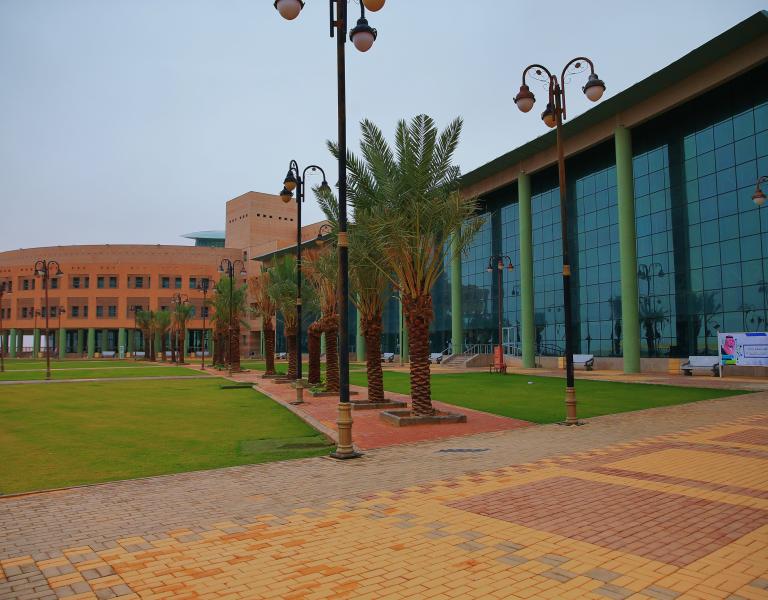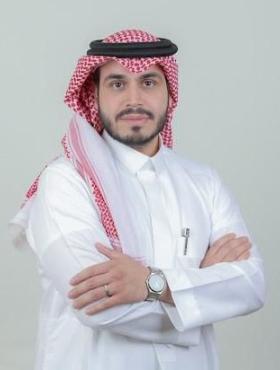About the Faculty
In alignment with the Kingdom's Vision 2030, the objective of the Applied College is to equip the labour market with qualified national professionals who can adequately support specializations and occupations that fulfil the country's needs. This is achieved by developing national competencies possessing a high standard of training and education.
The Applied College at Northern Border University is committed to its strategic plan for 2025, which is consistent with the state’s sustainable development goals. The college endeavors to produce graduates distinguished by their technical and applied capabilities, as stipulated in the Council of University Affairs Decision Number (1442/9/14) dated 14/09/1442 AH.
Since its inception, the Applied College has undergone various phases of development. Initially established as the "Community College" in Arar during the academic year 1423/1424 AH, it offered a diploma in the "Computer Department" for female students. The Community College for Girls was subsequently established in Arar and became affiliated with the Ministry of Higher Education in 1428 AH. Following this, the colleges in the Northern Borders Region joined King Abdelaziz University. In the academic year 1442/1443 AH, a decision was made by the President of the University, pursuant to the Council of University Affairs Decision Number (9/4/1442) dated 14/09/1442 AH, to transition the Community College into an Applied College. This transition was officially implemented on 18/12/1442 AH and includes branches located in the city of Arar and the governorates of Rafha and Turif.

